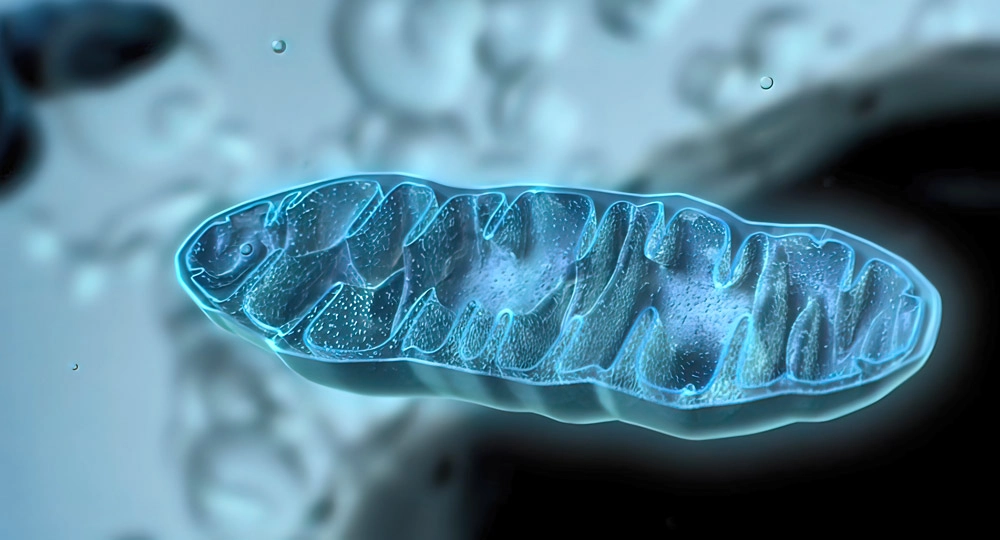The redox signaling system and its importance

The body’s own REDOX SIGNALING SYSTEM How long can a human survive without redox molecules? A human cannot survive without redox molecules, as they are essential for fundamental biological processes. Redox molecules are involved in all cellular processes that make life possible. They regulate energy production, cell communication, cell repair, and protection against oxidative stress. Without these molecules, cells could not maintain their functions, which would lead to severe disruptions and eventually to organ failure. Why are redox molecules essential for life? Cellular respiration: Redox reactions are crucial for the production of ATP (adenosine triphosphate), the cell’s primary energy carrier. Without the ability to transfer electrons, cellular respiration would come to a halt and the cells could no longer maintain energy balance. Protection against oxidative stress: Redox molecules help maintain a balance between the production of reactive oxygen species (ROS) and antioxidants. An imbalance would lead to cell damage and death. Cell communication and repair: Redox molecules are also involved in signaling processes necessary for responding to damage and initiating repair mechanisms. What happens without redox molecules? Without redox molecules, cellular respiration would fail, leading to an energy deficit and cell death within minutes. The body would no longer be able to respond to oxidative stress, resulting in rapid accumulation of cellular damage and systemic dysfunction. Survival time without redox molecules: Practically speaking, a human cannot survive even a short time without redox molecules, as they are essential for basic cellular metabolism and homeostasis. The absence of these molecules would result in immediate cell death, quickly leading to organ failure in the affected tissues. More interest!?